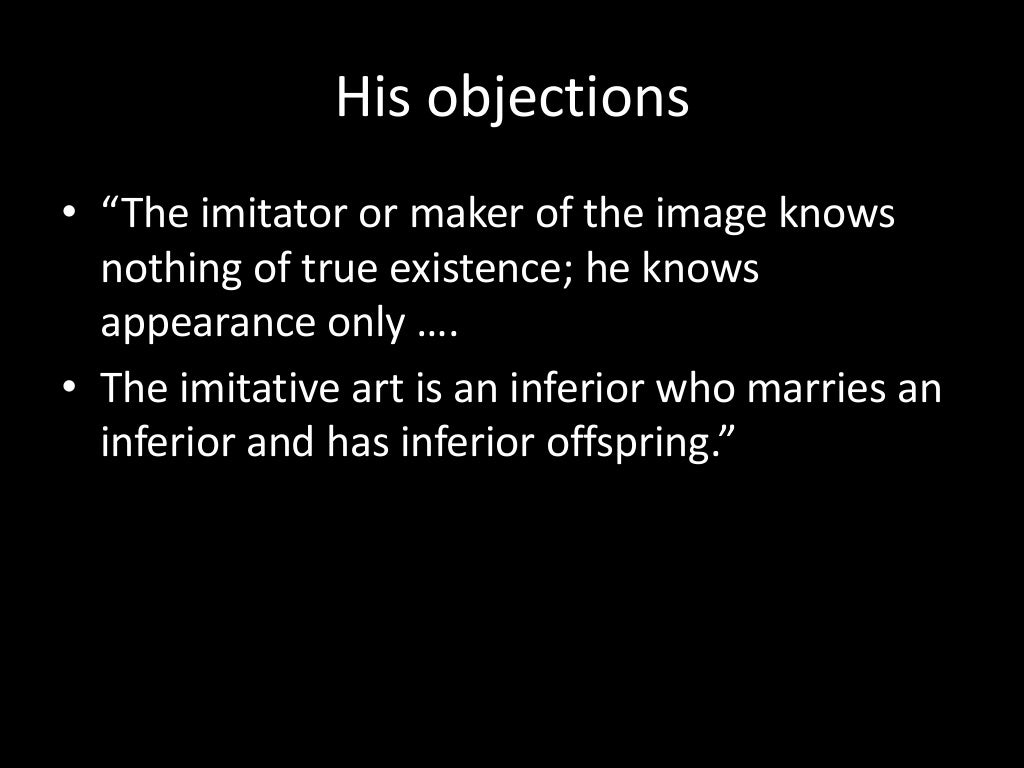


In the meantime, there have been some unsuccessful dealings with publishers, some material was published separately by Brill (see ) in the collection Plato and the Poets, some years have passed and I have also come to believe that publicly funded research (as mine was, to a large extent) should in principle be free and universally accessible.

Originally I intended to publish it in the traditional format, i.e.

The present work is my doctoral thesis, which was completed in 2008 and to which some minor modifications have been made. Further evidence comes from Aristotle's " literary " (as opposed to Plato's " sociological ") discussion: rather than to the " mirror argument ", the beginning of the Poetics points to the Phaedo as the best source of information about Plato's views on poetry. These points reinforce Stephen Halliwell's claim that Western aesthetics has been haunted by a «ghostly misapprehension» of Plato's mirror. I argue that the Republic's notorious " mirror argument " is in fact ad hominem: first, Plato likely has in mind Agathon's mirror in Aristophanes' Thesmoforiazusae, where tragedy is construed as mimesis second, the tongue-in-cheek claim that mirrors can reproduce invisible Hades, when read in combination with the following eschatological myth, suggests that Plato was not committed to a mirror-like view of art third, the very omission of mythos shows that the argument is a self-consciously one-sided one, designed to caricature the artists' own pretensions of mirror-like realism. This paper revisits Plato's and Aristotle's views on mimesis with a special emphasis on mythos as an integral part of it. The widespread view that he was dismissive of theatre production, in the face of his statement to the effect that since dramatic imitation is carried out by acting agents “it necessarily follows, to begin with, that the order of theatre spectacle would be a part of tragedy,” is due to one of many misinterpretations of his text rather than to Aristotle himself. Yet, Aristotle was not willing to deal with performative aspects of drama in any detail, because they had not been discussed or systematised before, and he was not prepared to write a technical treatise on theatre arts in addition to the art of poetry. Like the composition of music (μελοποιΐα), it is defined as one of the six “qualitative” parts (or constitutive elements) which characterise tragedy. Aristotle on the ὄψεως κόσμος If opsis refers to the visual aspects of theatrical performance, its synonymous expression, “ὁ τῆς ὄψεως κόσμος,” is a wider description which should be taken to include, not only such visible features as costumes, masks and the like, but also acting and directing.


 0 kommentar(er)
0 kommentar(er)
